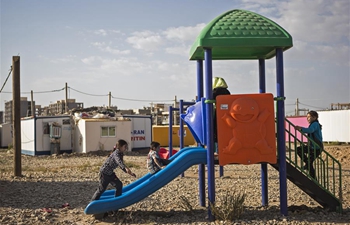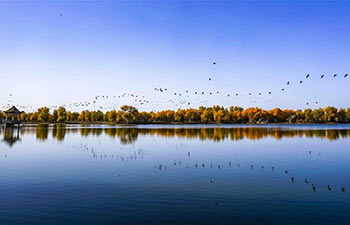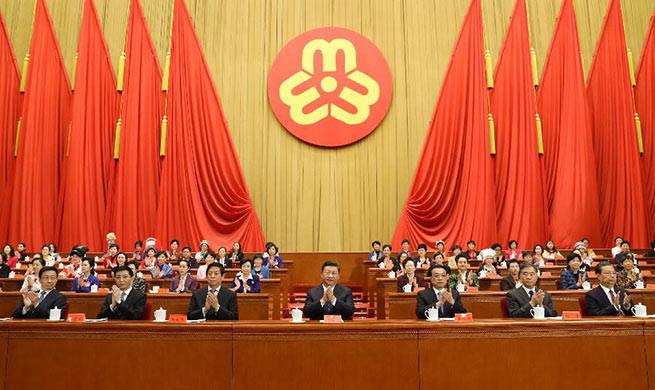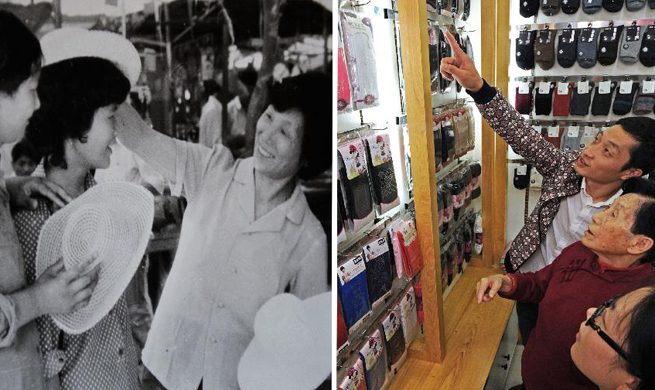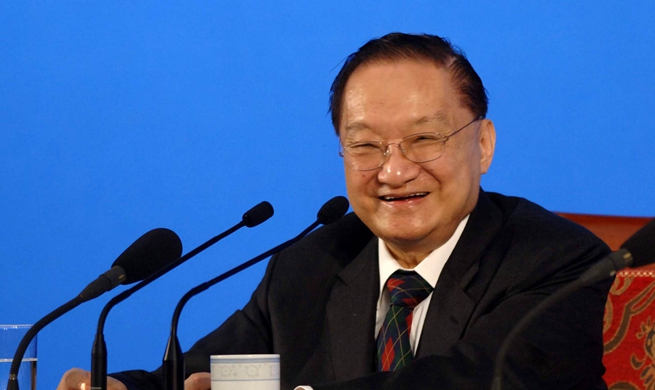JERUSALEM, Oct. 31 (Xinhua) -- A local businessman and an activist won the majority of votes in the municipal elections in Jerusalem and head for a runoff vote to become the next mayor, the Interior Ministry said on Wednesday.
Israelis went on Tuesday to cast their votes in the municipal elections across the country.
In Jerusalem, a diverse city torn between Israelis and Palestinians and secular and ultra-Orthodox Jews, five candidates ran for the mayorship.
On Wednesday morning, after some 95 percent of the votes were counted, no candidate won 40 percent of the votes, the rate needed to win the mayorship, according to data provided by the Interior Ministry which is in charge of the elections.
Moshe Lion, who won some 33 percent of the votes, and Ofer Berkovitch, with some 28 percent, will participate in a runoff to be held in two weeks, according to the Interior Ministry.
Lion, 57, is a businessman and a veteran political and a former director of Prime Minister Benjamin Netanyahu's office. He currently sits in the Jerusalem Municipality Council as part of the incumbent Mayor Nir Barkat's coalition.
Berkovitch, 35, is a secular activist, who held the culture and economic development portfolios in the Jerusalem Municipality. He established an independent party, "Hitorerut" or "awakening" in Hebrew, that enjoys the support of Jewish secular residents of Jerusalem.
Lion told his supporters that the "results are great. Jerusalem is my life's mission. If there is no victory in the first round, then there will be in the second round."
Berkovitch said the results are "fantastic" and he called on the Likud's official candidate, Zeev Elkin, who lost the elections, to party with him against Lion in the second round.
While the nationwide voting rate was about 55 percent of the eligible voters, in Jerusalem only some 35 percent cast ballots.
Voting rates among Jerusalem's Palestinian population, which comprise some 30 percent of the overall population of the city, are lower than in the Jewish public.
This year, in an unusual move, a Palestinian from East Jerusalem ran for a seat in the city council. On Wednesday morning it was still unclear if he succeeded.
Israel captured East Jerusalem in the 1967 Middle East war and annexed it shortly later, claiming it part of its capital, despite wide international criticism.






